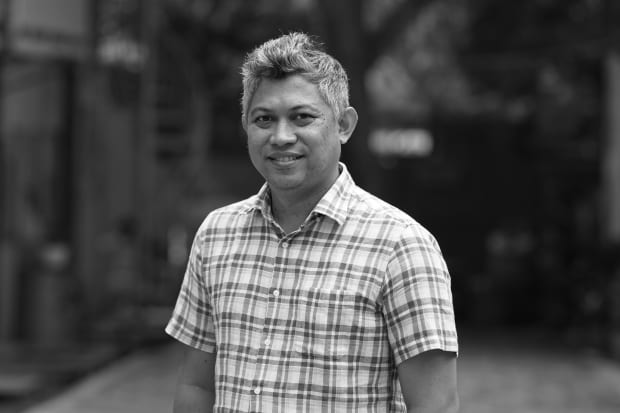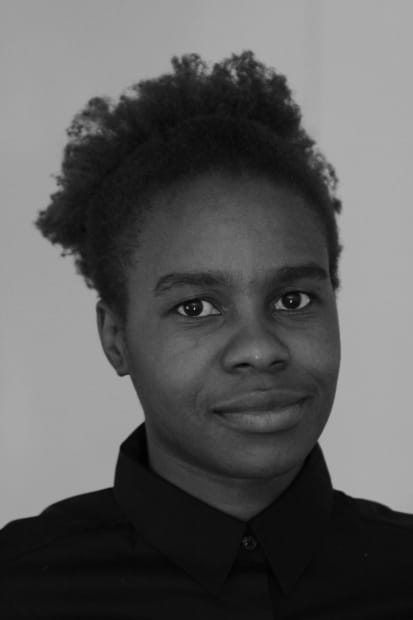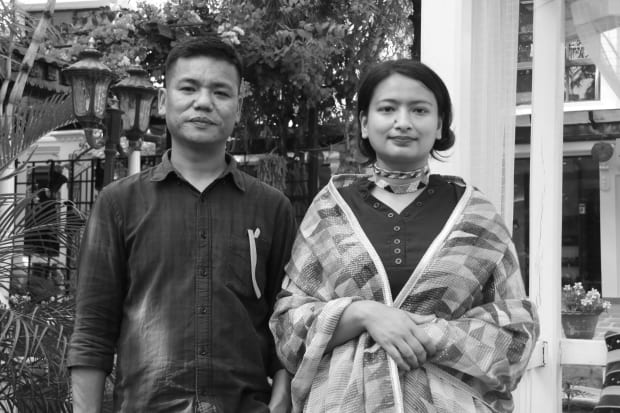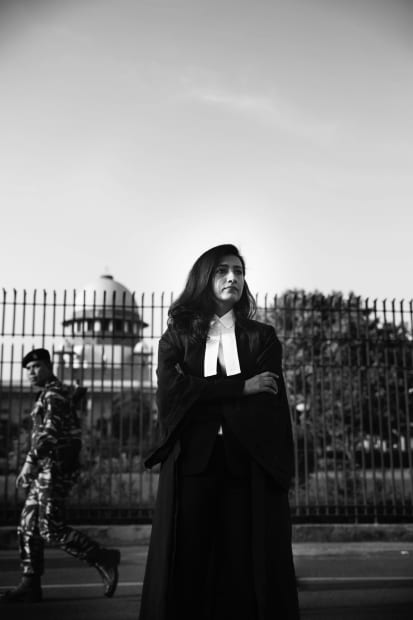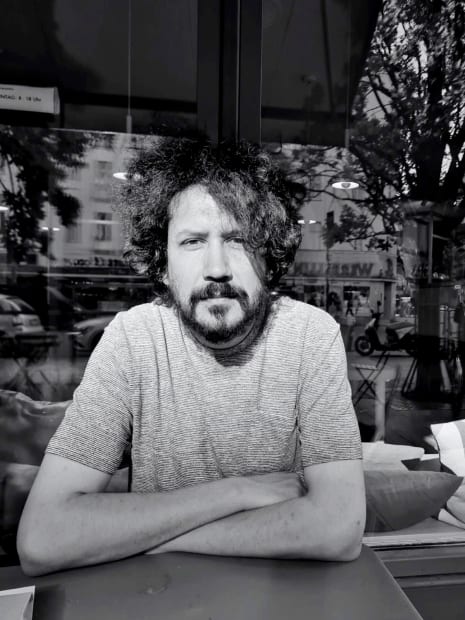Sheelasha Rajbhandari, born in 1988 in Kathmandu, is a visual artist, cultural organizer, and co-founder of the artist collective Artree Nepal. Her longitudinal research repositions quotidian and plural narratives, by weaving folktales, oral histories, and performative rituals as a juxtaposition to conventional historiography. Rajbhandari’s practice is rooted in the experiences of women and seeks to confront how female agency and corporeality become contested political sites for contemporary nation-states; a phenomenon that parallels the dismantling of matricentric landscapes in extractive societies. Her installation in the travelling exhibition “A beast, a god and a line” (2018-2020) was presented at Para Site, Hong Kong; TS1, Yangon; Museum of Modern Art, Warsaw; Kunsthall, Trondheim; and MAIIAM Contemporary Art Museum, Chiang Mai. She has also been an artist in residence at the Bellas Artes Projects (2019) and Para Site (2017). She has furthermore exhibited at Museum of Arts and Design, New York (2022), Weltmuseum Wien (2019); Serendipity Arts Festival, Goa (2017); and Kathmandu Triennale (2017). As a part of her collective she has been a part of Dhaka Art Summit (2020) and Biennale of Sydney (2020). Rajbhandari is co-curator of the Kathmandu Triennale 2077, Nepal Pavilion at Venice Biennale 2022, ‘Garden of Ten Seasons’, Savvy Contemporary, Berlin and 12 Baishakh-Post Earthquake Community Art Project alongside Hit Man Gurung.
Hit Man Gurung, born in 1984 in Lamjung, is currently based in Kathmandu. Gurung’s diverse media of works are concerned with some of the most pressing political, economic, and cultural phenomena transforming Nepal’s physical and societal landscapes. Particularly addressing the country’s decade long People's War, several years of unstable governments, and the impact all of this has had on the personal and professional lives of Nepali citizens. In parallel, his art also speaks to the strong impact of global capitalism, the dramatic economic boom in the Middle East and Southeast Asia, an unprecedented investment in infrastructure development within the region, and an incessant demand for cheap labor; he furthermore stitches together the various patterns of mass migrations seen across Nepal. Gurung infuses his paintings, documentary photos, videos, performances and installations with political conviction and personal poetry.
He has participated in exhibitions at SAVVY Contemporary, Berlin (2020); Biennale of Sydney (2020); Artspace Sydney (2019); Weltmuseum Wien (2019); Kathmandu Triennale (2017); Yinchuan Biennale (2016); Para Site, Hong Kong (2016); Asia Pacific Triennial of Contemporary Art, Brisbane (2015-16); and Dhaka Art Summit (2014, 2016, 2018 ,2020). He is co-founder of artist collective ArTree Nepal and a co-curator for the Kathmandu Triennale 2077, Nepal Pavilion at Venice Biennale 2022, ‘Garden of Ten Seasons’, Savvy Contemporary, Berlin and 12 Baishakh-Post Earthquake Community Art Project alongside Sheelasha Rajbhandari.
